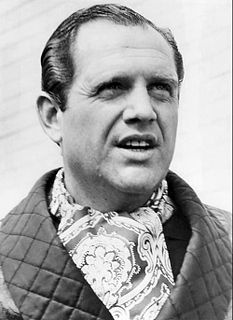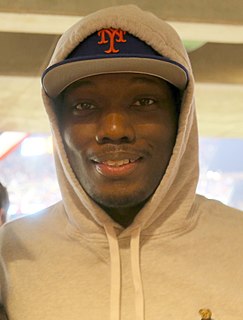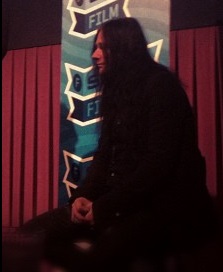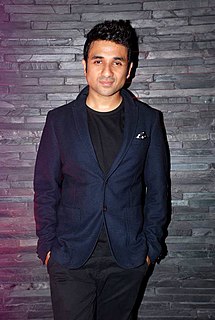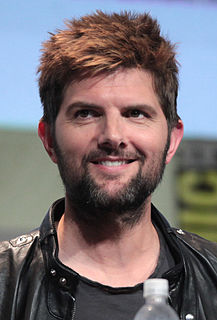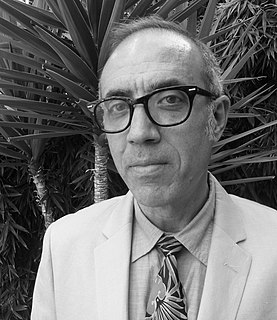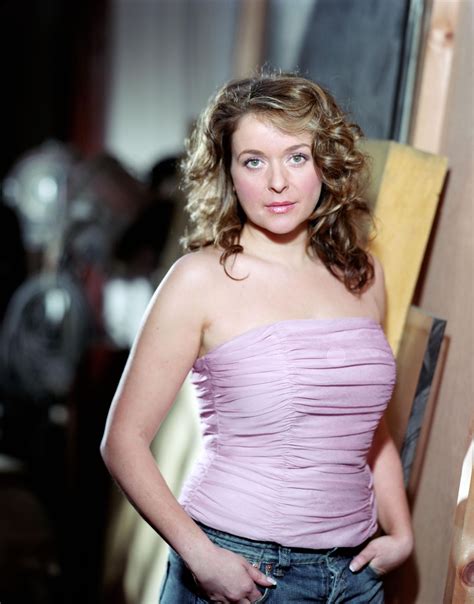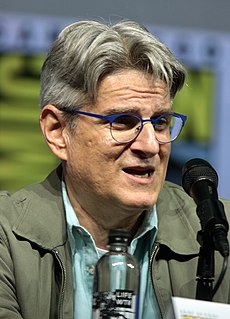A Quote by Alan King
I think one of the big things about comedy is the ability for the audience to identify.
Related Quotes
That's one of the things about comedy that annoys me the most from a comedian perspective. Comedy has gotten so segregated. Now it's like if you don't agree with somebody, you probably aren't going to like their jokes. I think comedians are starting to write for their audience and not towards the country.
I like to service the full audience of America, so I try to do things that are just real artistic, like when they don't have the most money, but it's a great piece of work. Then, there are big, fun comedies and big animated movies for kids. I want to do things for my nieces and nephews. Ultimately, we're trying to deliver something entertaining to an audience. As long as it can entertain the audience, and it makes me or my niece and nephew laugh or cry, then I think it's good.
When someone says "that resonates with me" what they are saying is "I agree with you" or "I align with you." Once your ideas resonate with an audience, they will change. But, the only way to have true resonance is to understand the ones with whom you are trying to resonate. You need to spend time thinking about your audience. What unites them, what incites them? Think about your audience and what's on their mind before you begin building your presentation. It will help you identify beliefs and behavior in your audience that you can connect with. Resonate with.
